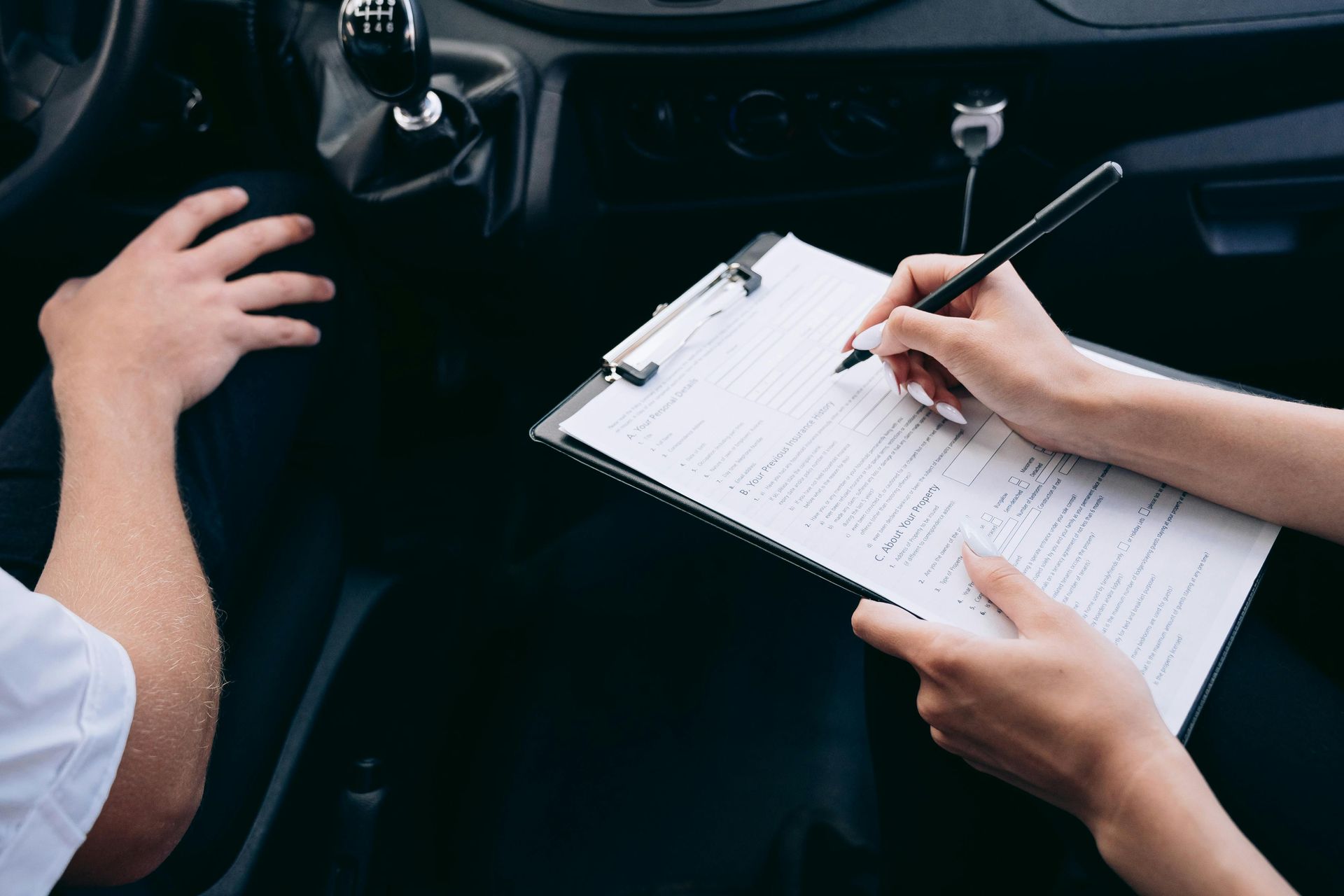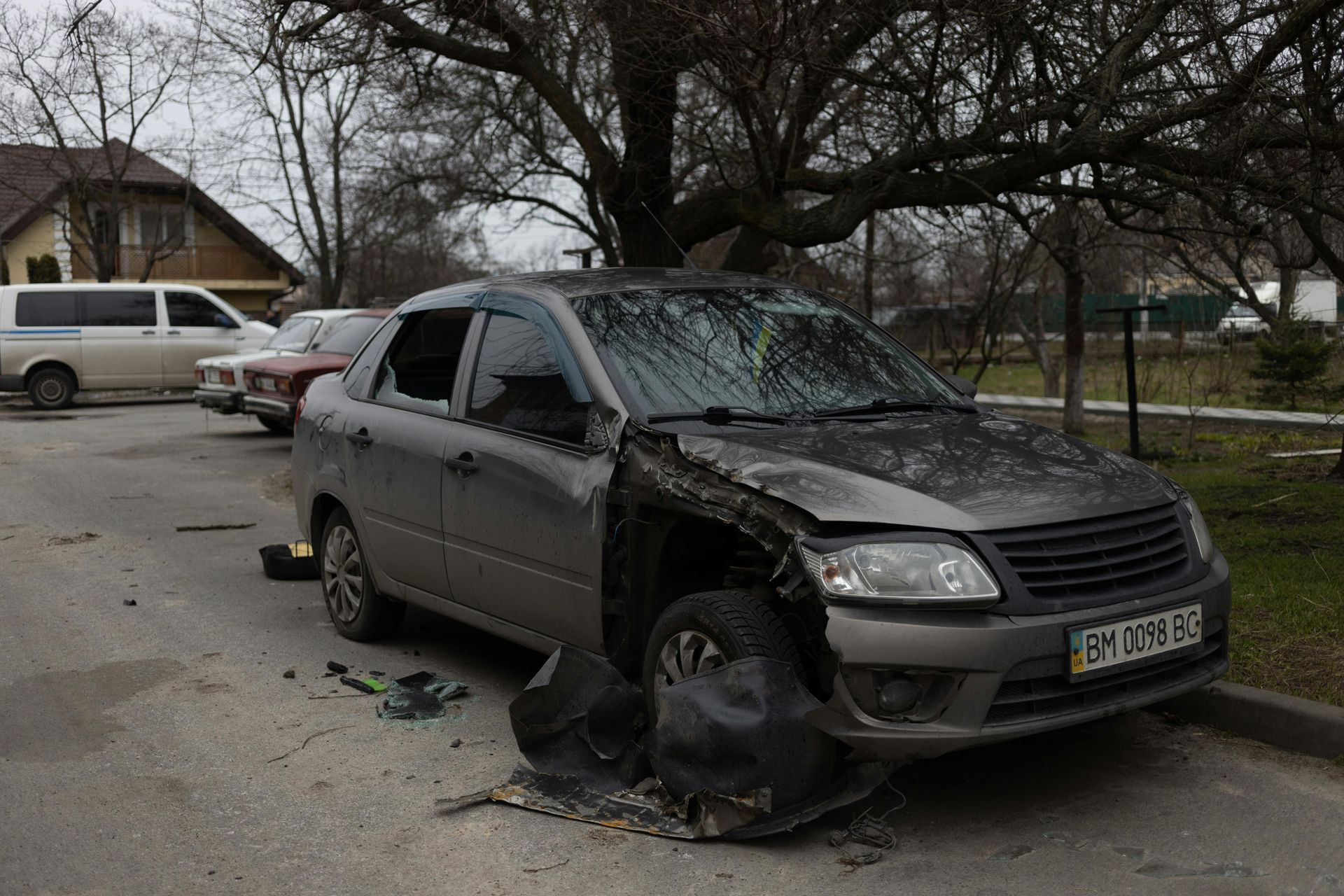Dealing with Insurance Companies After a Pennsylvania and Philadelphia Car Accident
Navigating the aftermath of a car accident can be overwhelming, especially when it comes to dealing with insurance companies. In Pennsylvania and Philadelphia, where traffic can be dense and accidents frequent, understanding the process of communicating and negotiating with insurers is crucial. The Walker Firm, with its deep expertise in personal injury law, provides invaluable guidance on how to manage these interactions effectively. This blog post offers a comprehensive look at the steps and strategies for dealing with insurance companies following a car accident in Pennsylvania and Philadelphia.
Understand Pennsylvania’s Insurance Laws
Pennsylvania is a no-fault state, which affects how insurance claims are handled after a car accident. In no-fault states, each driver’s insurance coverage is primarily responsible for their own injuries or losses, regardless of who is at fault for the accident. Pennsylvania drivers also have the option to choose between full tort and limited tort insurance options, which affect their ability to sue for pain and suffering. Understanding these laws is critical as they dictate the initial steps you must take after an accident.
Initial Steps After an Accident
- Safety and Health First: Before thinking about insurance, ensure that all parties involved in the accident are safe and receive necessary medical attention. Safety and health are priorities.
- Report the Accident: It’s important to report the accident to local law enforcement. A police report provides an official account of the incident, which can be crucial when dealing with insurance claims.
- Gather Information: Collect as much information as possible at the accident scene. This includes the contact information of all parties involved, descriptions of the vehicles, license plate numbers, and the names and badge numbers of responding officers.
- Document the Scene: Take photographs of the accident scene, including all vehicles involved, any visible damage, road conditions, traffic signs, and any injuries.
Communicating with Your Insurance Company
Once the immediate concerns are addressed, you will need to contact your insurance company to report the accident. Here are some guidelines for that interaction:
- Prompt Reporting: Notify your insurer as soon as possible. Delay in reporting can complicate the claims process.
- Fact-Based Reporting: When you describe the incident, stick to the facts. Avoid speculating or guessing about what happened.
- Document Your Communications: Keep a record of all your interactions with the insurance company, including the names of the agents you speak with, the dates of communication, and details of what was discussed.
Handling the Other Driver’s Insurance Company
Dealing with the other driver’s insurer can be more challenging. Keep these points in mind:
- Limited Disclosure: Be cautious about what information you share. You are not obligated to discuss the details of the accident or your injuries.
- Avoid Recorded Statements: You might be asked to give a recorded statement. It’s generally advisable to decline this request until you have consulted with an attorney.
- Settlement Offers: Be wary of early settlement offers. These may not fully account for all damages, especially if some injuries have delayed symptoms.
Understanding Damages and Compensation
Compensation in car accident claims may cover various damages, including:
- Medical expenses: Costs for medical treatment you’ve received and might need in the future.
- Lost wages: Compensation for any work hours lost due to the accident.
- Pain and suffering: In cases where full tort coverage is selected, you may claim pain and suffering damages.
The Role of Legal Assistance
Navigating the insurance landscape after a car accident can be tricky, and the stakes are high. Here’s how a legal professional can help:
- Evaluating Your Case: An experienced attorney can provide a clear understanding of what compensation you may be entitled to based on your specific circumstances.
- Negotiating with Insurers: Attorneys have the expertise to negotiate with insurance companies to ensure you receive a fair settlement.
- Legal Representation: If your claim goes to court, having skilled legal representation is essential.
Conclusion
Dealing with insurance companies after a car accident in Pennsylvania and Philadelphia requires a careful and informed approach. By understanding the basics of local insurance laws, taking prompt and appropriate action immediately following an accident, and knowing how to communicate effectively with insurance providers, you can significantly improve the handling of your claim.
Additionally, consider enlisting the help of a specialized attorney like those at The Walker Firm, who can guide you through the process, advocate on your behalf, and help ensure that your rights are protected throughout. Whether you are negotiating a settlement or navigating the complexities of Pennsylvania’s no-fault insurance system, professional legal guidance is a valuable asset in securing the compensation you deserve.
BOOK YOUR FREE CONSULTATION
Now you can have your FREE Consultation with Michael A. Walker any time from the comfort of your own home. With free video calls from Zoom, your Team at The Walker Firm can meet with you virtually, and learn about your case. All you need is a smartphone, tablet, laptop, or desktop with a built-in camera and microphone.
INSTANT CASE EVALUATOR
Thank you for contacting us.
Someone from our litigation team will get back to you as soon as possible.
Please try again later.
The Walker Firm Blog






FOR CRIMINAL DEFENSE
DIAL (833) IWALKEM
The information contained on this website is for general information purposes only.
No information on this site should be construed or regarded as legal advice
for any claim, dispute, or issue. Viewing or receipt of this information does not constitute or intend to establish
an attorney-client relationship.
All rights reserved . The Walker Firm
The information contained on this website is for general information purposes only.
No information on this site should be construed or regarded as legal advice for any claim, dispute, or issue.
Viewing or receipt of this information does not constitute or intend to establish an attorney-client relationship.





